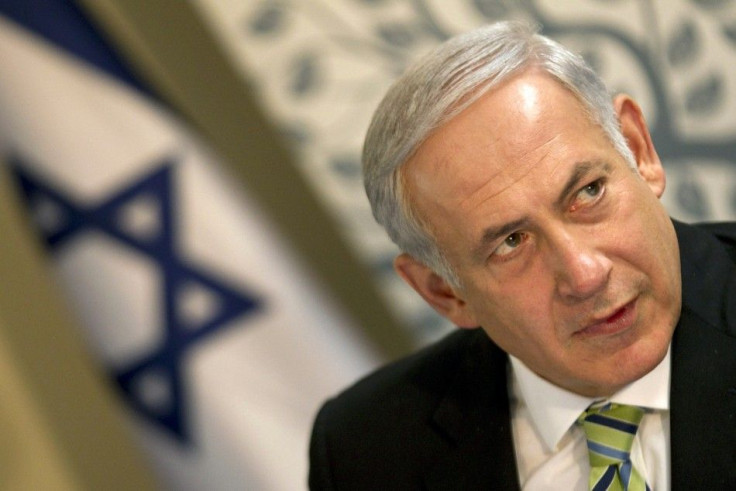Israel Cautious, Skeptical About Iran Nuclear Talks

Israel has cautiously embraced planned negotiations between Western powers and Iran over the Islamic Republic’s nuclear power program, following the return of Prime Minister Benjamin Netanyahu from talks with U.S. President Barack Obama.
Already, the foreign policy chief of the European Union, Catherine Ashton, has accepted an offer from Iran’s chief nuclear negotiator, Saeed Jalili, to restart talks between Tehran and a six-member group of powerful nations (U.S., Russia, China, France, Britain and Germany).
Ashton said that the six nations are seeking assurances on the exclusively peaceful nature of Iran's nuclear program, while respecting Iran's right to the peaceful use of nuclear energy.
Iran, which insists it seeks to develop atomic energy for purely peaceful purposes, has not set a date or locale for such talks.
Netanyahu's national security adviser, Yaakov Amidror, told Israeli radio: I'm very happy that they are opening discussions. There will be no one happier than us, and the prime minister said this in his own voice, if it emerges that in these talks Iran will give up on its military nuclear capability.”
However, Netanyahu and Israel believe Iran is trying to develop atomic weapons -- something that would pose a grave danger to the Jewish state. During his meeting with Obama, the prime minister said his country has a right to defend itself and will take military action against Iran if there is no other alternative to stopping Tehran’s nuclear ambitions.
Netanyahu has demanded that Iran cease its uranium enrichment activities and also tear down an alleged underground atomic facility near the city of Qom.
While Obama urged Netanyahu to tone down the rhetoric about war on Iran, an Israeli spokesman said the U.S. has neither vetoed nor supported an Israeli military strike on Iran.
A red light was not given. And if we're already talking about colors, then a green light was not given either, Liran Dan told Israeli radio. If there are red lines being discussed, they are not between us and the Americans, but rather, between the international community and Iran.”
Amidror himself expressed his own skepticism about Iran’s true intentions in seeking talks.
It should be clear that without a real military alternative, the Iranians will not relent in the negotiations. And without there being a serious alternative, they will not enter the negotiations, and in any event there has to be readiness for the negotiations failing, he said.
© Copyright IBTimes 2024. All rights reserved.





















